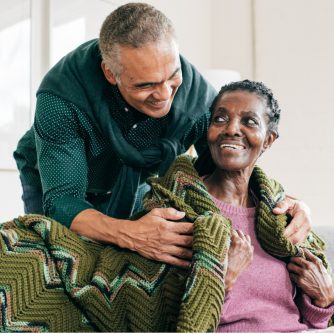

Dorothy Mullen was the picture of healthy living. The 64-year-old Princeton resident and mother of three had established herself as the area’s go-to organic gardener.
She helped grow local garden-based education, supported community gardening, and founded “The Suppers Programs,” a not-for-profit network of support groups for people looking to change their diet and lifestyle for better health.
“Until a few months ago, I was joyfully putting in 60 hours a week running workshops, teaching home cooking, raising money, developing new programs and acting as board president [of The Suppers],” says Dorothy. But sudden fatigue and labored breathing brought her life to a screeching halt. “I was full throttle one day and abed the next,” recalls Dorothy.
Doctors found a tumor, and Dorothy was diagnosed with stage IV lung cancer –a consequence of heavy metal exposure early in Dorothy’s life. “I took one look at the stats and knew what the diagnosis meant,” shares Dorothy.
She had one fear – unwanted medical care. “I was afraid the medical system would treat me unnecessarily, trying anything to save me while compromising my quality of life and eating up my life’s savings,” she says. Fortunately, Dorothy’s oncologist connected her with Horizon Blue Cross Blue Shield’s Supportive Care Program and Stephen Goldfine, MD, a palliative medicine physician at Samaritan.
Dr. Goldfine helped Dorothy understand what hospice and palliative care really encompassed. He also provided care options to ease Dorothy’s pain and help sustain her quality of life as long as possible, like installing a catheter to drain fluid from her chest so she could breathe.
Her fears were relieved: Working with Dr. Goldfine, Dorothy had the freedom to decide what her care would look like. “The plan was to focus on my cognitive function and self-determination,” she says. “I’m still not medicating. But everything is lined up for the day when I choose comfort.”
Since her diagnosis, Dorothy has thrown herself into spreading the word about palliative care. She pulled out all the stops to produce a program on end of-life planning in August that attracted 175 people.
“Learn what hospice and palliative care actually are, now, while you’re still well enough and before it becomes an urgent decision,” she urges. “Because I started palliative care early, I’ve enjoyed the full range of benefits.”